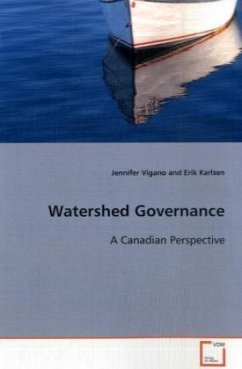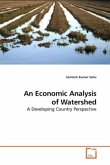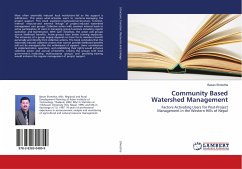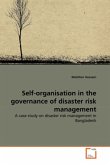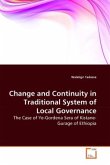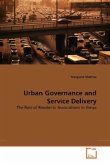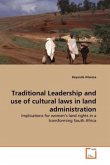The crisis of too much or too little water is a
social issue and its resolution must involve society.
At the watershed level, the involvement of society in
planning, management, and governance is imperative.
This thesis explores the extent to which current
mechanisms to engage professionals in Canadian
watershed planning, management, and governance are
meaningful and effective. Although, the current
practice of engaging professionals in watershed
planning and management may be meaningful and
effective for those participating, better watershed
governance in Canada is not resulting. It concludes
that leaders and advisors in governance must emerge
to develop governance frameworks and strategies that
effectively engage professionals, and more broadly,
stakeholders, in all aspects of watershed-based
planning and management to ensure the sustainability
of Canadian water supplies.
social issue and its resolution must involve society.
At the watershed level, the involvement of society in
planning, management, and governance is imperative.
This thesis explores the extent to which current
mechanisms to engage professionals in Canadian
watershed planning, management, and governance are
meaningful and effective. Although, the current
practice of engaging professionals in watershed
planning and management may be meaningful and
effective for those participating, better watershed
governance in Canada is not resulting. It concludes
that leaders and advisors in governance must emerge
to develop governance frameworks and strategies that
effectively engage professionals, and more broadly,
stakeholders, in all aspects of watershed-based
planning and management to ensure the sustainability
of Canadian water supplies.

